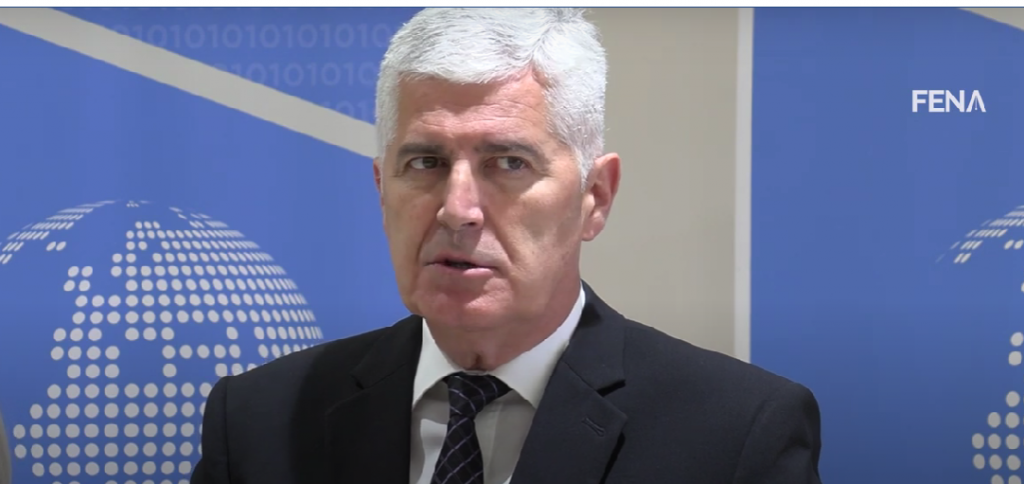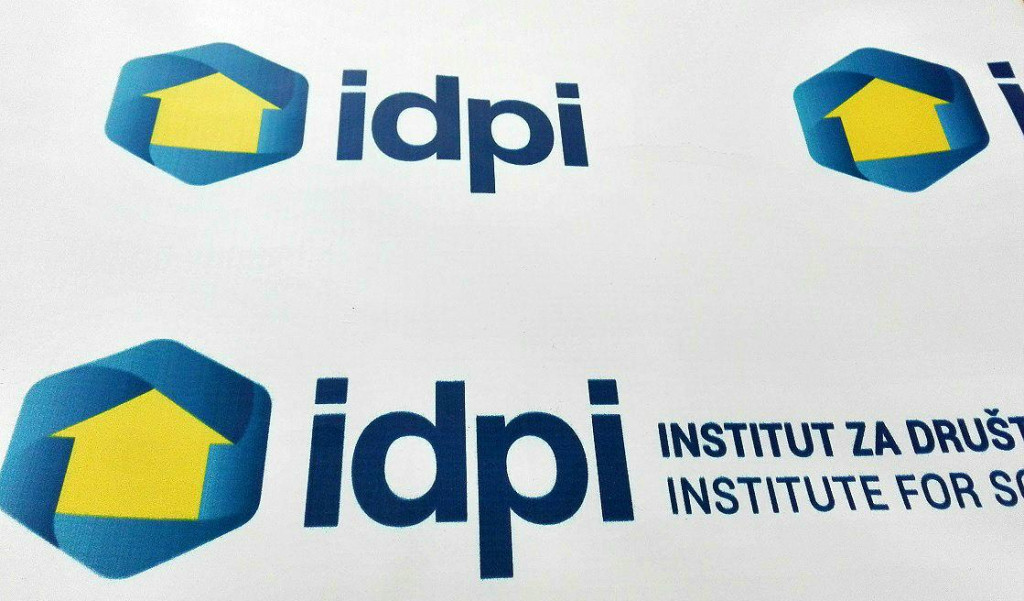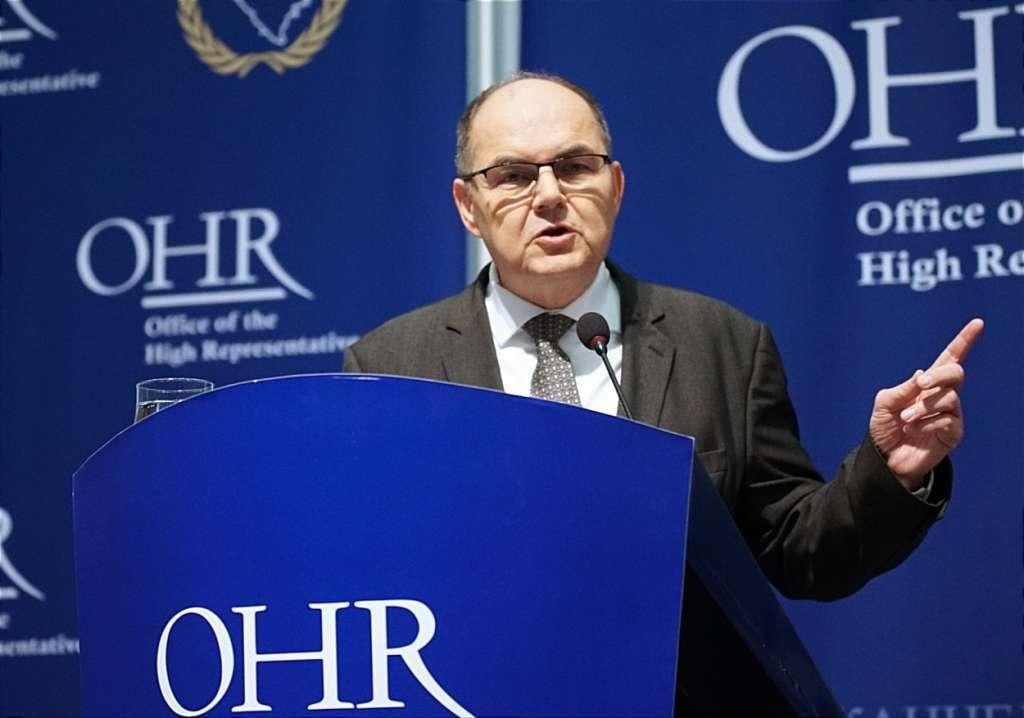
Legitimate representation of the constituent peoples is a fundamental principle of the BiH Constitution and the Dayton Peace Agreement. The Constitution of BiH and the DPA require and demand the Election Law of BiH, which will ensure that Croats, Bosniaks and Serbs are represented in the Presidency and the House of Peoples by representatives who are an expression of their electoral will.
Given that the current BiH Election Law allows Bosniaks in the FBiH to elect both Bosniak and Croat members of the BiH Presidency and to gain effective control over the election process not only over Bosniak, but also over Serb and Croat and the Club of Others in the House of Peoples of the PFBiH, it is obvious that the mentioned law violates the principle of legitimate representation of the constituent peoples, that is, it is obvious that the existing Election Law is illegitimate, that is, unconstitutional. This was confirmed by the Constitutional Court of BiH in its decision U-23/14 (Ljubić).
It is a constitutional and legal obligation of the Parliamentary Assembly of BiH to adopt the new Election Law of BiH, which will guarantee the legitimacy of each constituent people’s representation in the Presidency and the House of Peoples. Therefore, in the current circumstances, it is unconstitutional and illegal to conduct political negotiations on the principle of legitimate representation of the constituent peoples. This principle is already, not only an integral part of the BiH Constitution, but also it’s basic principle and, as such, must be operationalized through the BiH Election Law. Models of operationalization of legitimate representation in the BiH Election Law can and should be negotiated, but the principle itself, at this stage, is not politically negotiable. According to the Constitution, this principle must be consistently implemented through the EL of BiH.
When the Election Law is harmonized with the BiH Constitution and the DPA in a way that ensures legitimacy of representation in the Presidency and the House of Peoples, only then can political negotiations be opened, for example, on the powers of the House of Peoples, the number of Presidency members, the structure of the Council of Ministers or on constitutional changes that will abolish the principle of constitutivity and legitimate representation of Bosniaks, Croats and Serbs.
It would be ideal, and it is possible, to implement not only the relevant decisions of the BiH Constitutional Court (Ljubić; Čolak), but also the European Court of Human Rights(Sejdić-Finci; Zornić, Šlaku; Pilav; Pudarić) through a process and package of amendments to the BiH Election Law, but it is not necessary. Given that the legitimacy of the representation of the three constituent peoples is an integral part and fundamental principle of the current and valid Constitution of BiH, it is necessary to first harmonize the unconstitutional Election Law with the Constitution of BiH, regardless of relevant ECtHR judgments, for the full implementation of which it is necessary to amend not only the BiH Election Law, but also the BiH Constitution. The decision of the Constitutional Court of BiH U-3/17 (Čolak) speaks about that.
The Institute for Social and Political Research (IDPI) Mostar has drafted a Proposal for Amendments to the BiH Election Law which implements all relevant decisions of the BiH Constitutional Court (Ljubić; Čolak) and all relevant ECtHR decisions (Sejdić-Finci; Zornić; Šlaku; Pilav; Pudarić).
Dnevnik.ba

